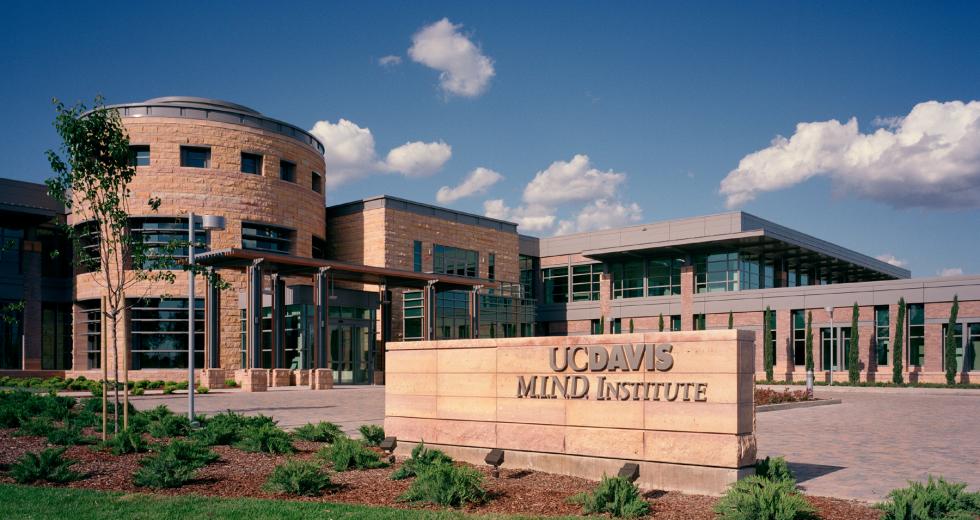The UC Davis MIND Institute is a comprehensive, interdisciplinary center for individuals with neurodevelopmental disorders. With cutting-edge research, innovative clinical programs and state-of-the-art treatment, this unique center draws worldwide recognition. “We strive to increase access to our services for rural areas and international programs where they can’t get services of this caliber,” says Dr. Aubyn Stahmer, director of community-based research. “Some families fly or drive hours to see us from the far reaches of our state, other states and even other countries for care. And because others will never be able to make the trip, we’re utilizing technology through Project ECHO Autism to greatly reduce their need to travel.”
A teleconferencing program, ECHO links MIND Institute autism experts with practitioners in remote or underserved areas. Community practitioners join this program using a teleconferencing platform on phones or personal computers from any location. They then have access to an interdisciplinary group of experts, receive training in understanding and treating autism, and participate in case conferences to increase their abilities in working with complex children and families.
“I’m very excited about project ECHO because it helps ensure that families everywhere get the best services and support possible. My hope is that we can grow this program to impact even more families worldwide.” Leonard Abbeduto, Ph.D. Director, UC Davis MIND Institute
ECHO stands for Extension for Community Healthcare Outcomes, and by disseminating evidence-based information and developing a community of practice for complex medical disorders, the model has been successful for more than 85 conditions.
“We’ve adapted it to train pediatricians to care for their patients with autism, which is critical since one in 59 children is now diagnosed with autism compared to one in 88 in 2008,” says Stahmer.
The MIND Institute doesn’t charge participants for the ECHO project, though it costs about $40,000 per year to run and must be sustained by grants and donations.
“We can all be proud of this world-class center, and we invite the region’s business community to help us make the greatest strides in understanding and treating autism,” Stahmer says.



